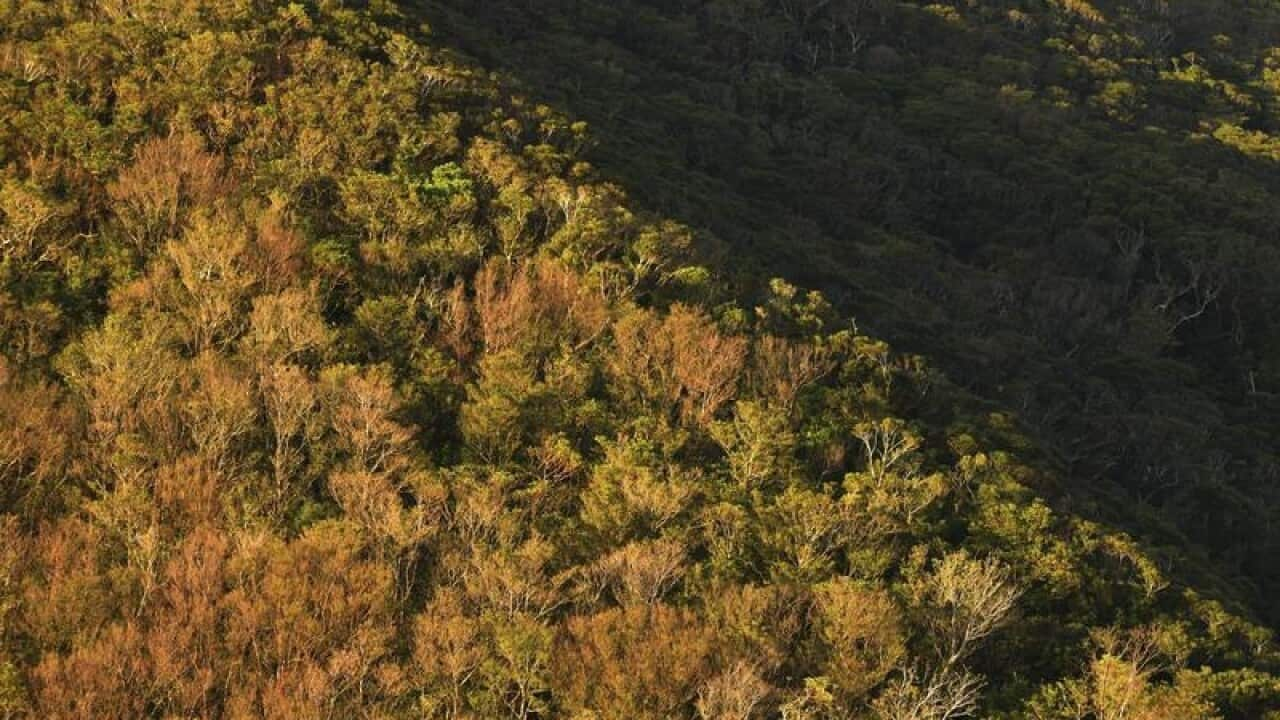Scientists have called for stepped-up efforts to use forests to keep global warming to the lowest limit agreed by governments in 2015, as a key report on how to meet that goal is finalised in South Korea.
The natural processes by which forests suck in and store carbon help reduce levels of planet-warming carbon dioxide in the atmosphere - and forests also underpin key parts of the world's economy, the scientists said.
"Forests really are the unsung hero of our struggle to address climate change," said Deborah Lawrence, a University of Virginia professor and one of 40 scientists who backed a statement emphasising how the earth's climate depends on forests.
The statement, signed by researchers mainly from the United States, Brazil and Europe, highlighted the importance of protecting and maintaining healthy forests.
The flagship report from the Intergovernmental Panel on Climate Change, due to be published on Monday, will outline ways of limiting global temperature rise to 1.5 degrees Celsius, compared with pre-industrial times, the most ambitious goal in the Paris climate pact.
One key route is to protect virgin forests, restore those that have suffered logging, fires or other harm, and expand the amount of land covered by trees, the report is expected to say.
The scientists noted that forests remove about a quarter of the carbon dioxide humans add to the atmosphere, keeping climate change from getting even worse.
But deforestation rates are rising again in most of the tropics, due to expanded production of commodities such as palm oil, beef and grains, said Carlos Nobre, a University of Sao Paulo professor and member of the Brazilian Academy of Sciences.
Forests produce water vapour, boost rainfall and cool down local temperatures by as much as three degrees Celsius, Nobre noted.
"This is a critical element for growing food," he said. "By keeping a wetter climate throughout the year, (forests) also mitigate the impacts of drought and are less vulnerable to fires."
A separate report to be published in mid-October by the Climate, Land, Ambition and Rights Alliance (CLARA), a coalition of environment and development groups, show greater efforts to move to more sustainable food systems, restore forests and secure land rights for local people can help limit global warming to 1.5 degrees Celsius.
The alliance said that would eliminate the need for largely untested technologies to remove carbon from the atmosphere.

